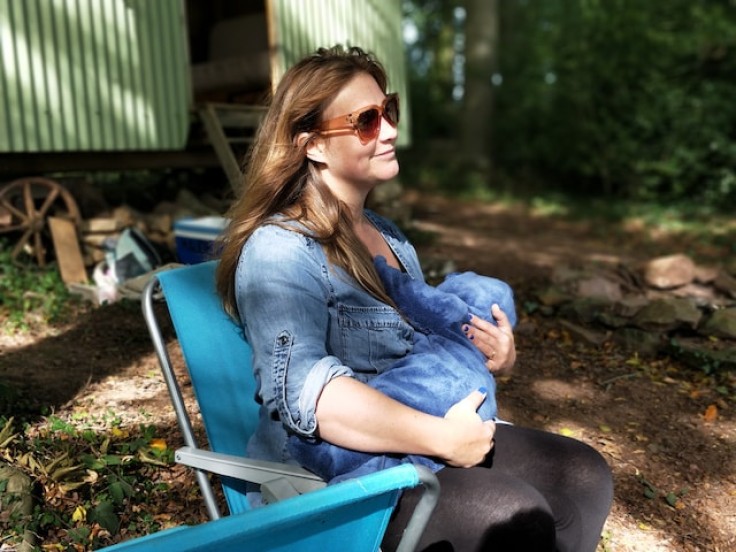
In a groundbreaking shift, breastfeeding and high-performance sports are no longer seen as an impossible combination for top female athletes. As the world prepares for the 2024 Paris Olympics, women are taking a significant step forward in their pursuit of equality by competing alongside men in equal numbers for the first time.
According to AP News, trailblazing athletes like Clarisse Agbégnénou are proving that it is possible to excel in both career and motherhood. As they prepare for the Games, these super-moms are showcasing the power of juggling rigorous athletic training with the joys and challenges of breastfeeding.
For Agbégnénou, winning her sixth world judo title while also being an Olympic champion has been a remarkable journey. Her 10-month-old daughter, Athéna, accompanies her to competitions, and Agbégnénou skillfully balances her training with feeding her hungry baby. She fondly recalls a moment after winning her latest world title when Athéna couldn't get enough of her mother's breast milk, a testament to the bond between the two.
Support and Acceptance
Support from coaches and sports administrators is crucial for athletes like Agbégnénou. The International Judo Federation (IJF) permitted her to bring Athéna to competitions, and her fellow athletes warmly accepted the presence of the baby during training sessions. Agbégnénou credits her peers for their acceptance and support, considering them an integral part of her journey.
According to ABC News, the IJF is setting new precedents for female athletes by crafting specific policies to accommodate judokas who are pregnant or postpartum. This forward-thinking approach acknowledges the increasing number of athletes who continue their careers while also starting families.
Furthermore, the organizers of the Paris Olympics are exploring the possibility of providing facilities for nursing athletes at the Games, recognizing the importance of well-being for both mothers and children. Across various sports, pioneering athletes are leading the way in breastfeeding and competing.
Olympic rowing champion Helen Glover, a mother of three, proved that she could compete at the highest level after giving birth to twins during the COVID-19 outbreak. She emphasizes the importance of individual choice and recognizes that every athlete's journey is unique.
Read also: Breastfeeding Tips: Ryan Reynolds' Wife, Blake Lively Rubs Truffles on Breast for Baby James
Milk Stork: Supporting Breastfeeding Athletes
Milk Stork, a U.S.-based transporter, has been a lifeline for breastfeeding athletes who are separated from their babies during competitions. It allows athletes to ship their pumped milk to their infants, ensuring they receive the necessary nourishment. At the 2021 Paralympic Games in Tokyo, Milk Stork facilitated the transport of athletes' milk, highlighting the growing acceptance and support for breastfeeding athletes.
Despite the strides made, there is still progress to be made in supporting breastfeeding athletes. British archery athlete Naomi Folkard faced challenges while competing at her fifth and final Olympic Games, leaving her 5-and-a-half-month-old daughter behind with a supply of frozen milk. She encountered difficulties with her milk supply, highlighting the need for continued discussions and improvements in this area.
As more women athletes prove their ability to excel in both their careers and motherhood, the notion of juggling breastfeeding and high-performance sports is being reshaped. With increased support, acceptance, and understanding, breastfeeding Olympians are breaking barriers and inspiring the world with their remarkable achievements.
As the 2024 Paris Olympics approach, these super-moms stand at the forefront of a new era of inclusivity, empowerment, and athletic excellence for women athletes.
Related Article : Breastfeeding Beyond Babyhood is Normal, Science Says